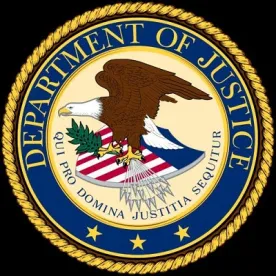On January 29, 2021, the United States Department of Justice (DOJ) announced it was rescinding its “charging” policy and accompanying guidance, and, at least on an interim basis, reinstating a portion of the Obama-era policy on charging and sentencing. The policy shift – which governs all federal prosecutors’ charging decisions – is a significant change and will have an impact on ongoing investigations and future investigations overseen by President Biden’s Justice Department. At bottom, the DOJ policy now requires DOJ prosecutors to make individualized assessments of each matter, on a case-by-case basis.
Prior to the announcement, all DOJ prosecutors were governed by the May 10, 2017, Policy on Charging and Sentencing. Under the 2017 policy, the “core principle” was “that prosecutors should charge and pursue the most serious, readily provable offense.” At its most basic, and with little nuance, the 2017 policy required federal prosecutors to charge the crime that carried the most severe penalty, even if there were other less severe options and regardless, generally, of the individual defendant’s circumstances.
In reversing course, the DOJ has reinstated, at least temporarily, the policy instituted under then-Attorney General Eric Holder on May 19, 2010. The 2010 policy notes that prosecutors “should ordinarily” charge the most serious readily provable offense, but this “must always be made in the context of ‘an individualized assessment of the extent to which particular charges fit the specific circumstances of the case, are consistent with the purpose of the Federal criminal code and maximize the impact of Federal resources on crime.’” And, “[i]n all cases, the charges should fairly represent the defendant’s criminal conduct, and due consideration should be given to the defendant’s substantial assistance in an investigation or prosecution.”
The reversion to the 2010 policy is a significant change in DOJ policy and was communicated to all federal prosecutors in a written memorandum from the Acting Attorney General.
While these changes in policy often take time to have a real effect and may not result in an immediate and identifiable change, for individual and corporate defendants currently involved in DOJ investigations, the change will have practical consequences. It opens the door to substantive discussions with DOJ regarding potentially resolving matters short of a resolution that must contain the most serious possible charges. Indeed, the revived 2010 policy even directs DOJ prosecutors to take into account whether “adequate” non-criminal alternatives to prosecution exist. At the least, it may provide a useful shift to argue matters on their individual merits and not just as statutory violations.





 />i
/>i

